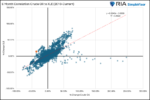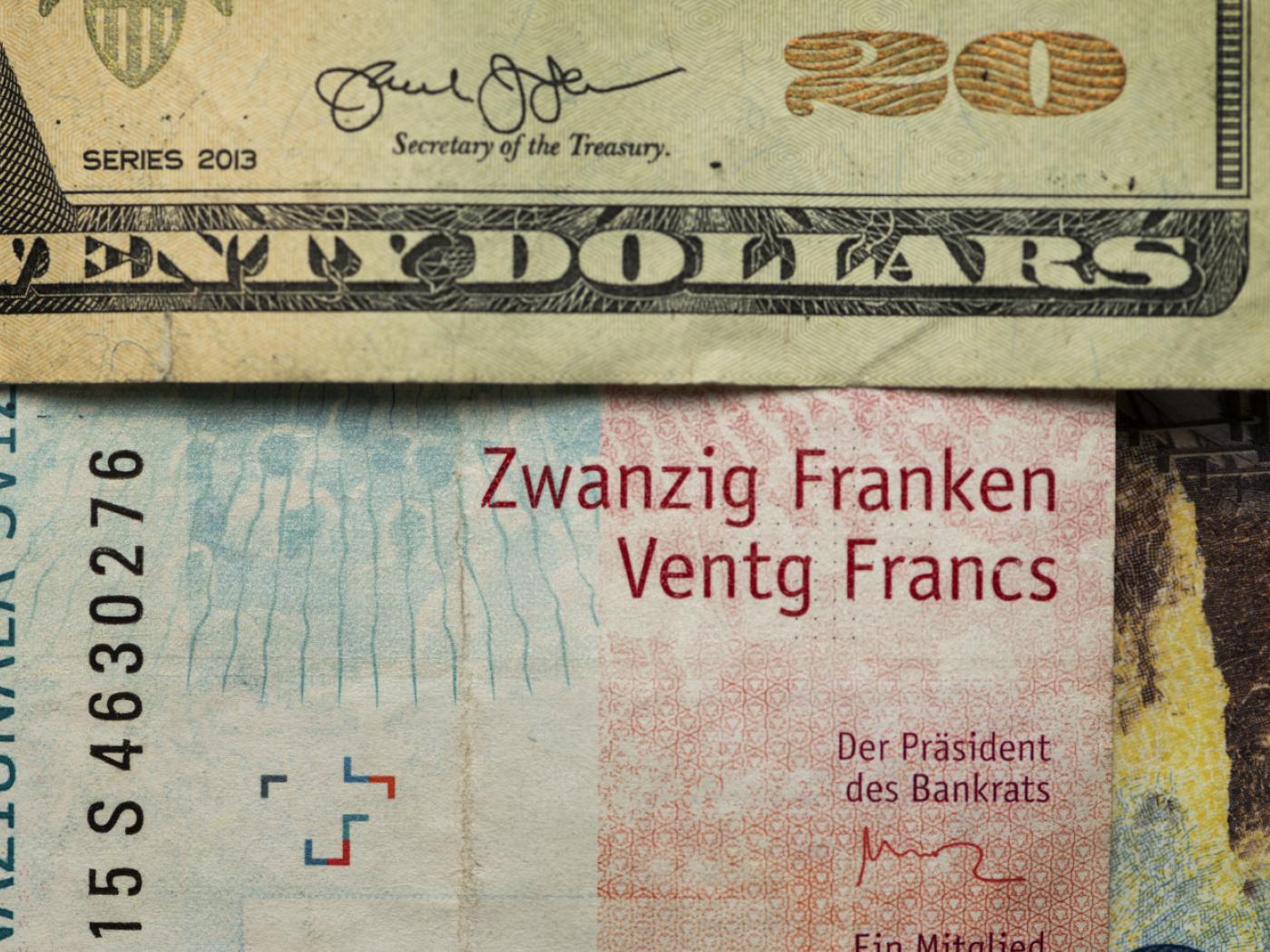EM remains vulnerable to deteriorating risk sentiment as the coronavirus spreads. China announced a series of measures over the weekend to help support its financial markets, but this may not be enough to turn sentiment around yet. China markets reopen Monday after the extended Lunar New Year holiday and it won’t be pretty.
AMERICAS
Brazil reports January trade Monday. December IP will be reported Tuesday, which is expected to fall -0.8% y/y vs. -1.7% in November. COPOM meets Wednesday and is expected to cut rates 25 bp to 4.25%. A handful of analysts see steady rates. January IPCA inflation will be reported Friday, which is expected at 4.35% y/y vs. 4.31% in December. If so, inflation would be the highest since May 2019 and in the top half of the 2.5-5.5% target range for 2020.
Colombia reports January CPI Wednesday, which is expected to remain steady at 3.80% y/y. If so, inflation would still remain near cycle highs and just below the top of the 2-4% target range. The central bank just left rates steady at 4.25% Friday whilst maintaining its growth forecasts for 2019 and 2020 at 3.2% and 3.3%, respectively. We see rates on hold for now.
Chile reports January CPI and trade Friday, which is expected to rise 3.3% y/y vs. 3.0% in December. If so, inflation would be the highest since July 2016 and in the top half of the 2-4% target range. The central bank just kept rates steady at 1.75% last week. Next policy meeting is March 31. A lot can happen over the next two months but if current trends persist, no change is expected then.
Mexico reports January CPI Friday, which is expected to rise 3.28% y/y vs. 2.83% in December. If so, inflation would be the highest since July 2016 and in the top half of the 2-4% target range. Next policy meeting is February 13 and a 25 bp cut to 7.0% is expected as policymakers continue their efforts to boost growth.
EUROPE/MIDDLE EAST/AFRICA
Turkey reports January CPI Monday, which is expected to rise 11.90% y/y vs. 11.84% in December. If so, inflation would accelerate for the third straight month and move further above the 3-7% target range. Yet the central bank’s most recent inflation report kept its optimistic inflation forecasts intact, suggesting it is ready to continue easing. Next policy meeting is February 19 and another cut seems likely despite rising inflation risks.
Czech Republic reports December retail sales Wednesday, which are expected to rise 6.3% y/y vs. 2.7% in November. Czech National Bank meets Thursday and is expected to keep rates steady at 2.0%. CPI rose 3.2% y/y in December, the highest since October 2012 and above the 1-3% target range. December construction and industrial output and trade will be reported that day too. While there are signs that the economy is slowing, high inflation should keep the bank on hold for now.
National Bank of Poland meets Wednesday and is expected to keep rates steady at 1.5%. CPI rose 3.4% y/y in December, the highest since October 2012 and near the top of the 1.5-3.5% target range. While there are signs that the economy is slowing, high inflation should keep the bank on hold for now.
Russia reports January CPI Thursday, which is expected to rise 2.5% y/y vs. 3.0% in December. If so, inflation would be the lowest since July 2018 and further below the 4% target. Central Bank of Russia meets Friday and is expected to cut rates 25 bp to 6.0%.
ASIA
Caixin reports its January China manufacturing PMI Monday, which is expected to fall half a point to 51.0. It then reports its services and composite readings Wednesday. China reports January trade Friday, with exports expected to contract -4.5% y/y and imports expected to rise 2.0% y/y. Despite measures announced over the weekend, the economy will likely slow sharply in Q1 due to the impact of the coronavirus. If the outlook worsens, then outright monetary easing will become more likely.
Hong Kong reports Q4 GDP Monday, which is expected to contract -3.9% y/y vs. -2.9% in Q3. December retail sales will be reported Tuesday, which are expected to contract -23.7% y/y in volume terms. Hong Kong is still suffering from the impact of the protests, and the spread of the coronavirus will make things even worse.
Korea reports January CPI Tuesday and is expected to rise 1.0% y/y vs. 0.7% in December. If so, inflation would be the highest since December 2018 but would still remain far below the 2% target. Next Bank of Korea meeting is February 27. While the bank sounded upbeat at its last meeting, we think it will have to recognized growing downside risks to the region from the spread of the coronavirus. December current account data will be reported Thursday.
Philippines reports January CPI Wednesday and is expected to rise 2.7% y/y vs. 2.5% in December. If so, inflation would be the highest since June 2019 but still in the lower half of the 2-4% target range. The central bank meets Thursday and is expected to cut rates 25 bp to 3.75%.
Bank of Thailand meets Wednesday and is expected to keep rates steady at 1.25%. However, a handful of analysts look for a 25 bp cut to 1.0%. January CPI will be reported a day later on Thursday, which is expected to rise 0.97% y/y vs. 0.87% in December. If so, inflation would be the highest since July 2019 but still below the 1-4% target range.
Reserve Bank of India meets Thursday and is expected to keep rates steady at 5.15%. CPI rose 7.35% y/y in December, the highest since July 2014 and well above the 2-6% target range. Even though the economy has weakened sharply, high inflation will tie the RBI’s hands for now. Stimulus will likely have to come from the fiscal side this year.
Full story here Are you the author? Previous post See more for Next postTags: Articles,Emerging Markets,newsletter




























